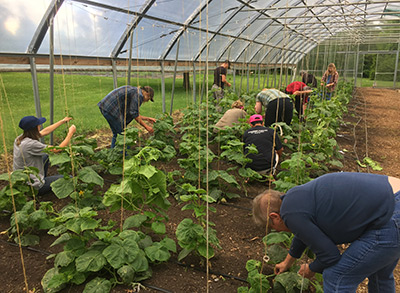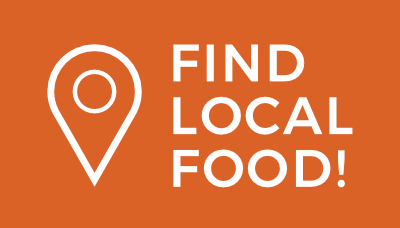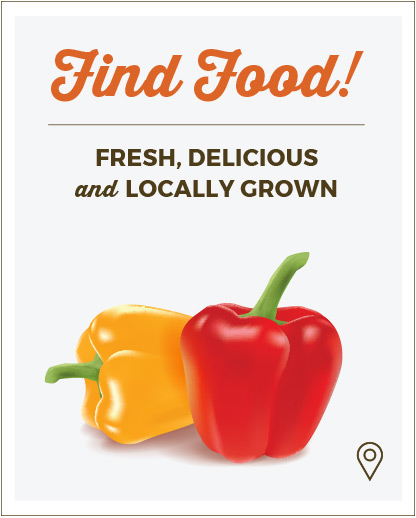Why Local?

WHAT IS A FOOD SYSTEM?
As humans, we need food to sustain us, so we all play a role in the food system. A food system is all of the activities involved in feeding people: the production, processing, distribution, transporting, access, consumption, disposal, and recovery of food. In sustainable community food systems, partners in all sects of the system collaborate to enhance the health, environment, and resilience of a community.Lake County
Lake County boasts an active, robust local food scene. The County is stocked with farmers markets, farm stands, and small farms growing food to feed communities across the region. Lake County has one of the region’s only incubator programs for beginning farmers to help launch new farm businesses, an exceptional sustainable agriculture degree program at the College of Lake County, and a county government supportive of local food production and initiatives. There are also many groups growing food to feed vulnerable neighbors with limited access to fresh food.
Inspired by the County’s momentum, groups have come together over the years to work toward a stronger food system. In 2012, a group of public and private stakeholders, led by the Chicago Metropolitan Agency for Planning (CMAP), released the Lake County Sustainable Local Food Systems Report, which identified trends and opportunities in the system. This body of work also includes an informational brochure and a micro-site about the County’s food system. In 2017, the Lake County government created this helpful video encouraging residents to shop local and support Lake County farmers.



